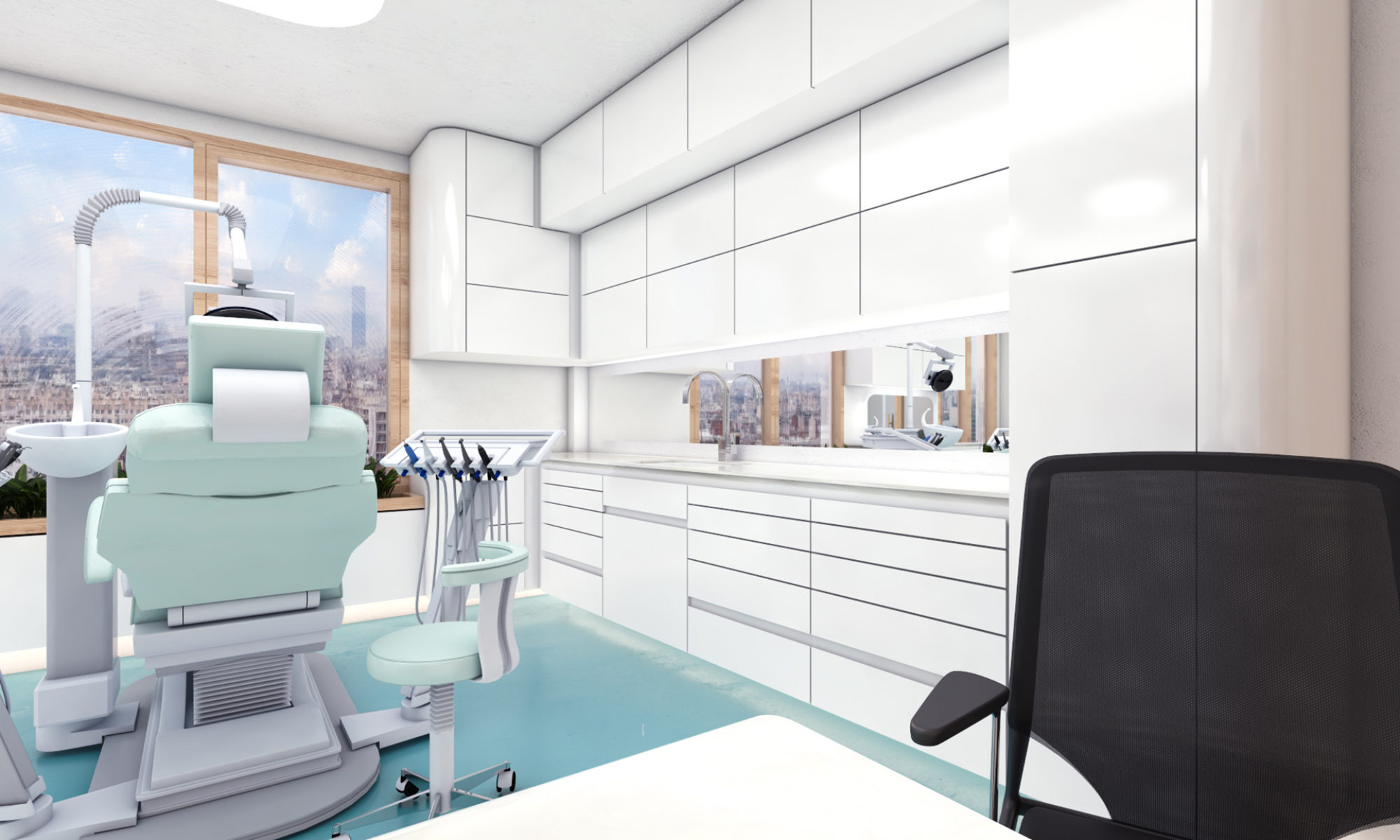
Did you know that sugar was once a medicine? It was obtained in limited quantities by evaporation and treated many diseases. The effect was about the same as that of modern dietary supplements. Over time, attitudes towards this product have changed. In the 18th century, sugar turned from a medicine into a culinary product. Why is sugar bad? And what about the sugar substitute?
Everyone loves sweets, despite the fact that sugar is called the cause of many misfortunes. The voice of dentists is especially often heard. This is no coincidence. The mouth is an ideal breeding ground for microbes, and sugar, or rather its residue on the teeth, is their favorite treat. This is why most people with a sweet tooth have bad teeth.
Sugar substitutes appeared in the late 19th and early 20th centuries. Opinions about the benefits or harms of sweeteners are diametrically opposed. They are found in chewing gum, toothpaste, some confectionery, drinks, canned foods, etc.
There are a number of studies that consistently prove a reduction in the development of caries in the group of individuals who consumed sugar substitutes. These studies concern xylitol and sorbitol. In the control group, the level of caries damage decreased to 60%. Agree, this is a good result.
How do sugar substitutes work? Xylitol, for example, reduces the acidity of plaque. And if you use toothpaste with this substitute, then the content of bacteria in plaque is significantly reduced. In addition, xylitol, like all substitutes, causes a lot of salivation, which is good for the oral cavity as a whole.
Sorbitol reduces the appearance of various organic acids in the oral cavity and prevents the destruction of tooth enamel. This also happens after eating sweets with regular sugar, which is why sorbitol is one of the components of chewing gums.
Mannitol reduces weight and, most importantly, converts plaque streptococci into lactic acid.
Refuse sugar in favor of substitutes or not – everyone decides for himself. It is important to remember that sugar substitutes are not a panacea. Their use will not replace a visit to the doctor. In addition, it is the dentist who will help determine which sugar substitute is best for you.
